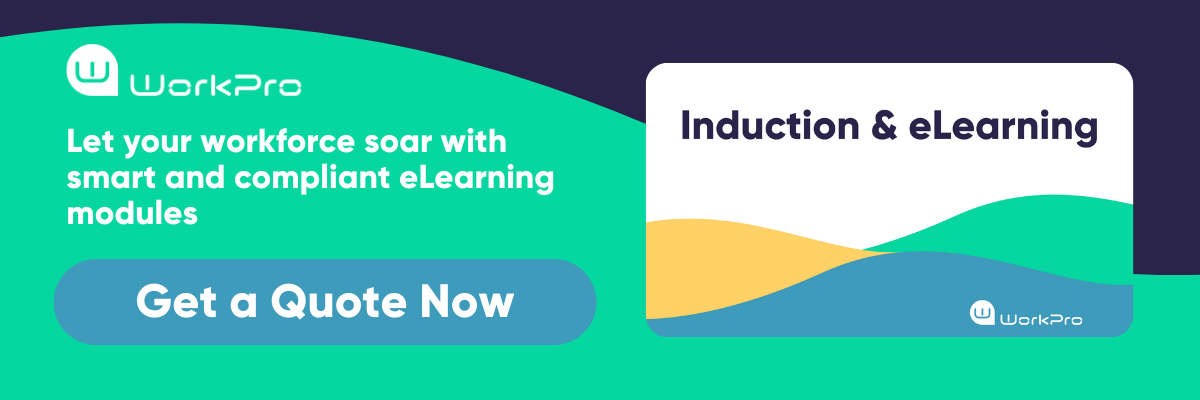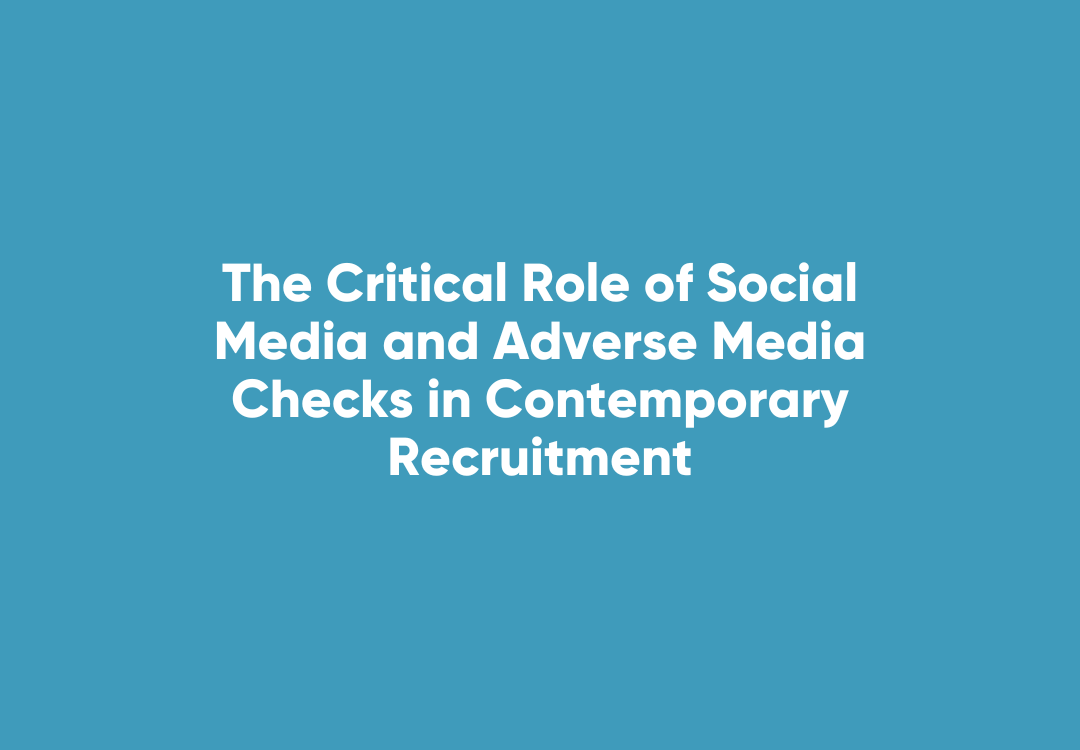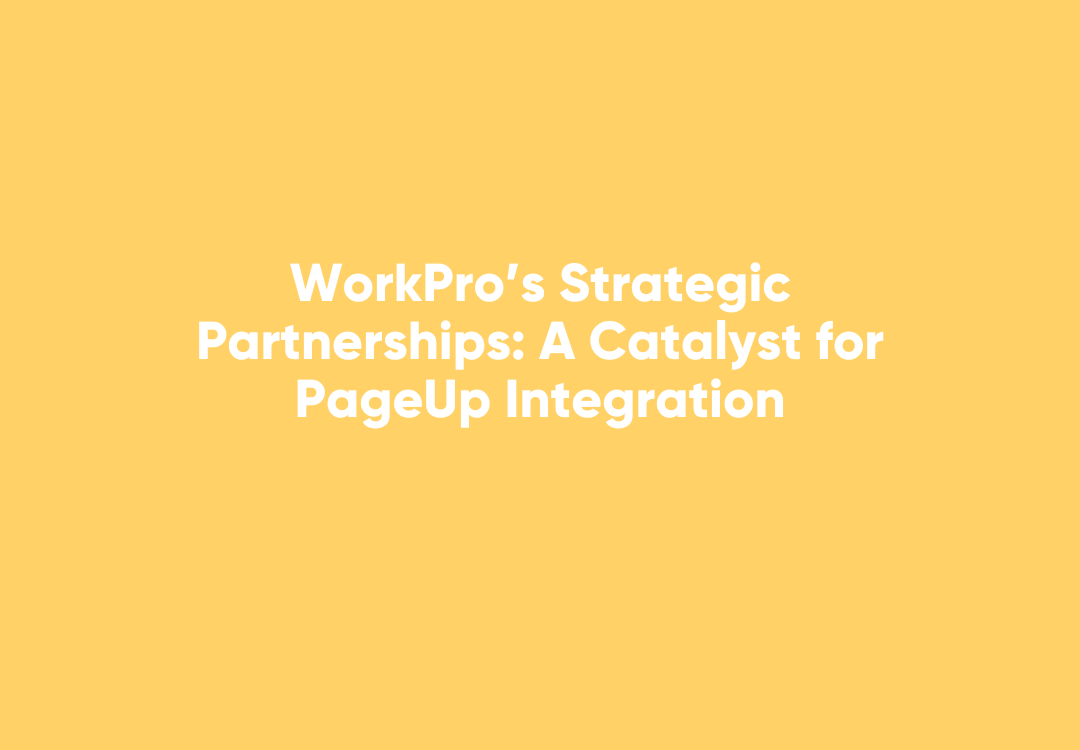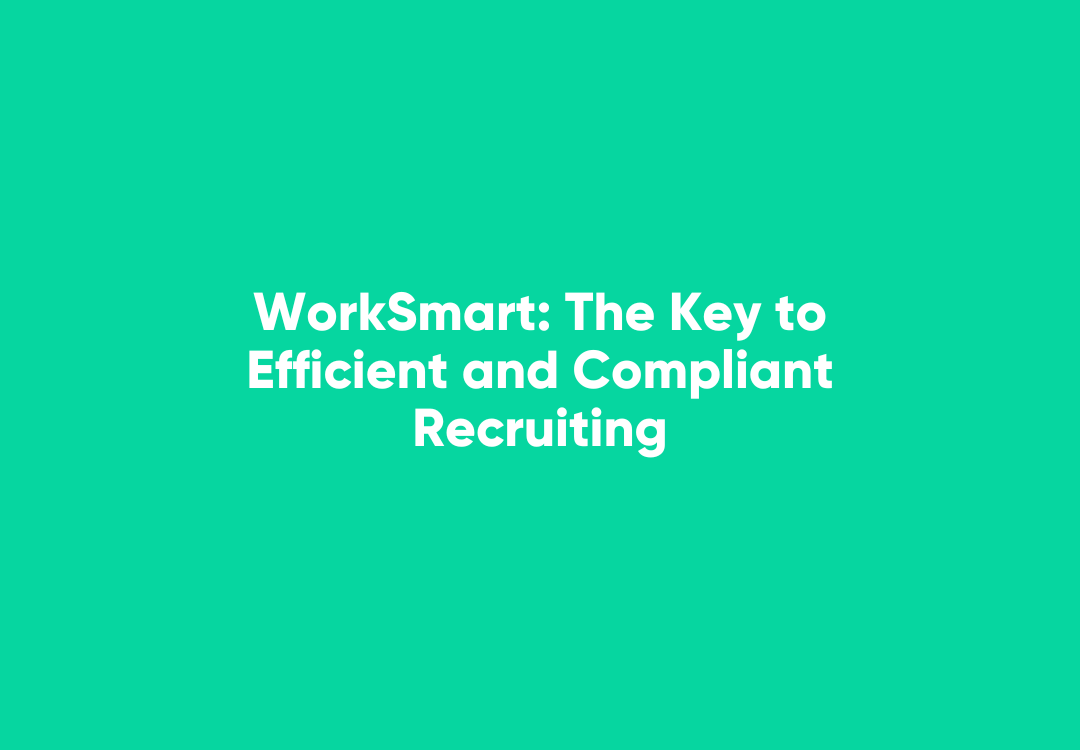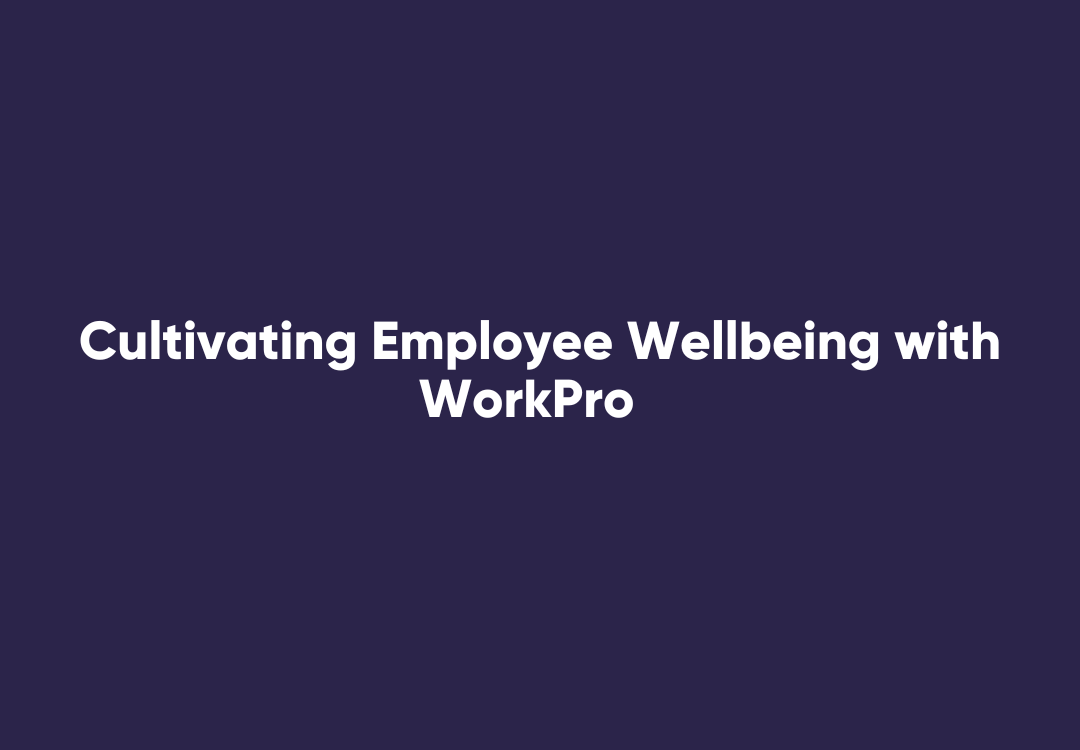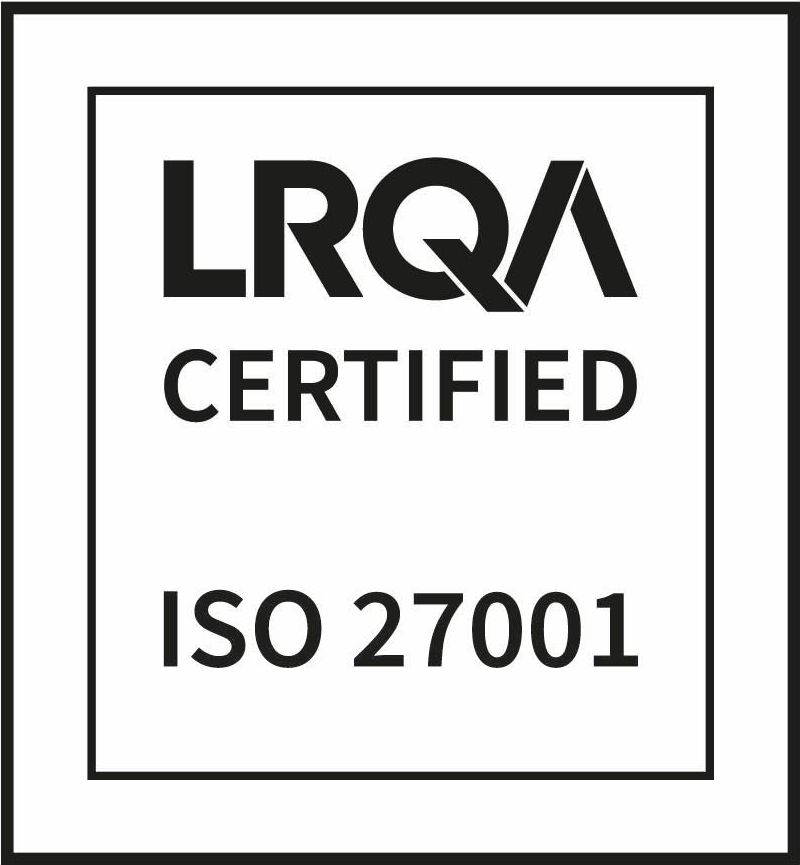Bullies & Budgets: How Much Does Workplace Bullying Cost?
Threats to physical safety. Psychological harassment.
Exclusion and needless inconveniences.
Workplace bullying manifests in countless ways.
In addition to having negative effects for the victims of this behaviour, workplace bullying has a range of detrimental repercussions for organisations where it occurs.
What are the consequences, and how can we measure the cost?
Counting the costs
Employees who face bullying in the workplace may experience a number of issues, including stress, depression, illness, insomnia and even suicidal behaviour.
As the House Standing Committee on Education and Employment’s 2012 report* indicated, these consequences influence the workers’ lives inside and outside of the office, infiltrating “all areas of day-to-day activities, family life and broader social engagement”.
Although these personal matters are motivation enough to seek an end to such behaviour, organisations also have to consider the business impact of having bullies in their workforces.
With bullied staff members feeling additional strain, potentially falling ill more frequently and likely to consider quitting their jobs, enterprises can expect an impact on productivity and profits.
Bullies and bottom lines
The Australian Human Rights Commission noted the following consequences employers face when their workers are bullied:
- Higher absenteeism and turnover
- Lower morale
- Decreased productivity
- Legal and workers’ compensation claims
- Time lost for managers dealing with issues
So how can the impact of bullying on the bottom line be quantified?
In general, it costs the Australian economy up to $36 billion each year, with the average case amounting to $17,000-24,000 for employers.
Legal penalties alone can carry a heavy price tag, with the WHS Act fining corporations as much as $500,000 for a category 3 offence and $3,000,000 for a category 1 offence.
Even if matters don’t escalate to legal battles, enterprises may be taking a hit to their bottom line as turnover rates rise and productivity suffers.
For instance, bullying may heighten stress for some workers, and this condition induces employees to take time off of work.
In fact, workplace stress alone costs the nation more than $14 billion annually.
Similarly, a Safe Work Australia report** linked depression to increased absenteeism and low productivity, amounting to an $8 billion annual cost to the Australian economy.
The same study found that mitigating bullying and strain could save nearly one-tenth (8.66 per cent) of that financial burden.
Alleviating the problem of bullying requires a proactive approach.
In addition to creating a culture that neither induces nor tolerates bullying, organisations can address the topic in their work health and safety training.
WorkPro, a specialist in employee screening and induction, offers a free Workplace Bullying ebook to help companies understand workplace bullying and how to mitigate it.
*House Standing Committee on Education and Employment, “Workplace Bullying ‘We just want it to stop'”.
**Safe Work Australia, “The Australian Workplace Barometer Report of Psychological Safety Climate and Worker Health in Australia”.
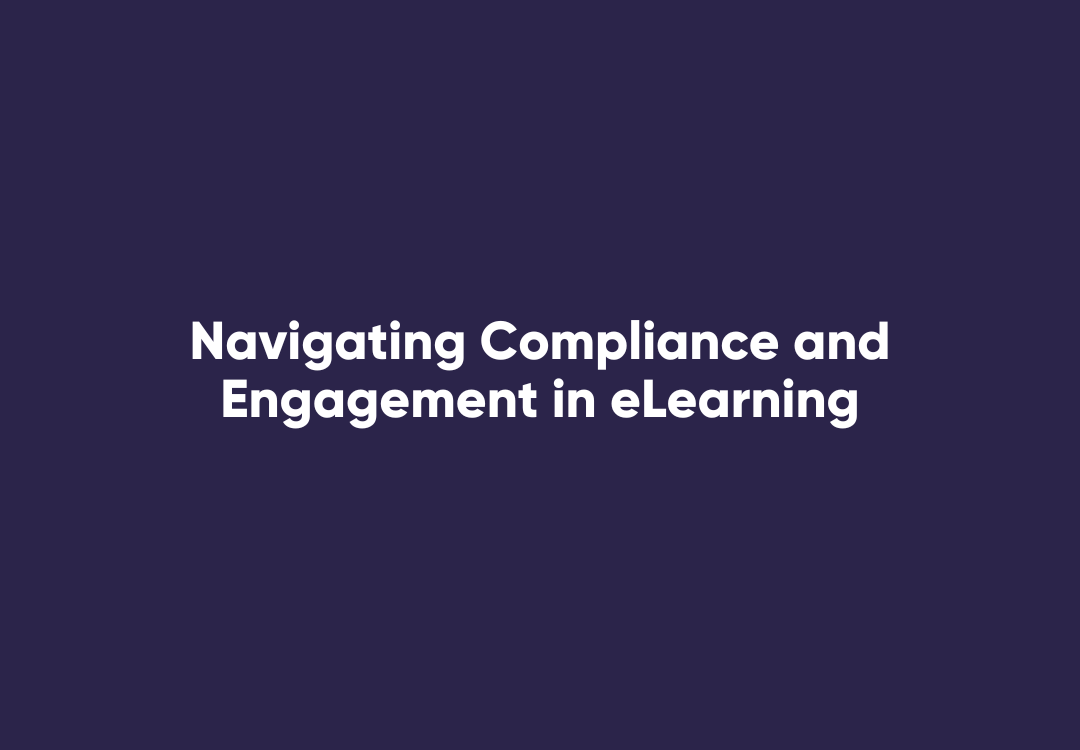
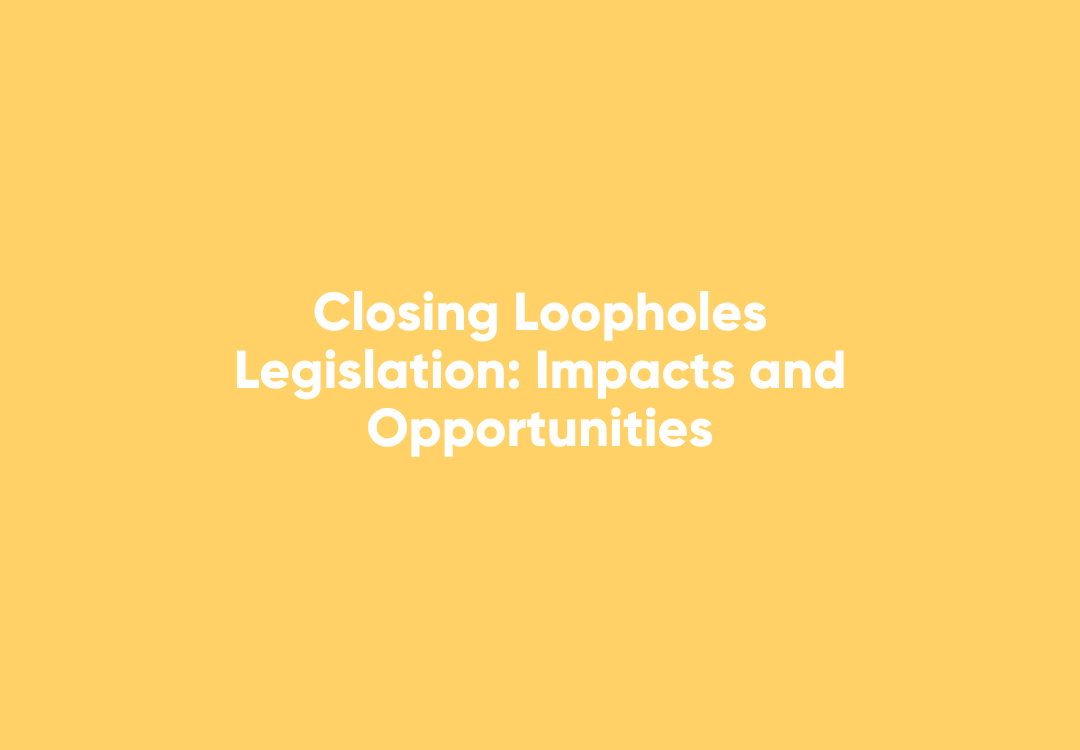
© Copyright 2024 WorkPro Privacy Policy | Terms of Service | Terms of access


